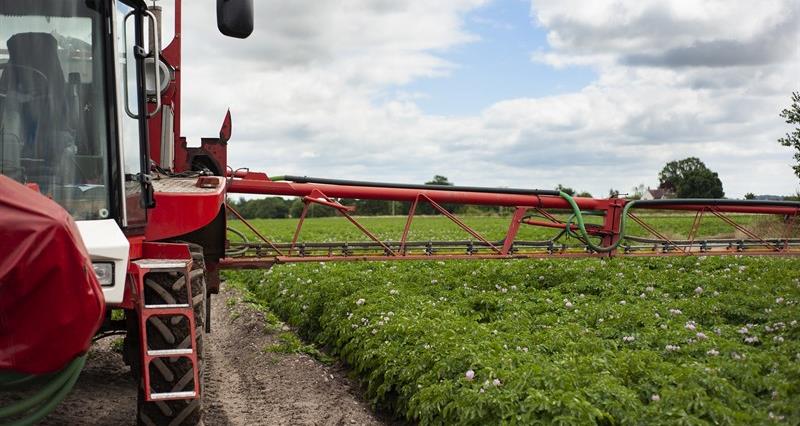The NFU has consulted with our own members as well as other stakeholders in the agricultural industry concerning the decarbonisation of non-road mobile machinery, and we have summarised their input in our replies to questions.
Our response to this Call for Evidence is also supported by the National Farmers’ Union of Scotland, the Ulster Farmers’ Union, and the Agricultural Engineers Association.
The NFU notes that this Call for Evidence does not ask specifically about a possible phase-out date for diesel-powered machinery, but rather that it is still considering the various low-carbon technological options.
We note also that the accompanying technical report by ERM Consultants focuses predominantly on industrial NRMM (non-road mobile machinery), despite agriculture accounting for nearly half (45%) of all NRMM fuel use.
It is regrettable that agricultural decarbonisation options were not also reviewed.
Independently, the NFU is also participating in a DESNZ task-and-finish group on hydrogen internal combustion engines for NRMM.
The NFU would like to see strong government support for low-carbon sustainable biofuel alternatives and accelerated introduction of electric farm machinery.
Incentives, tax allowances and demonstration projects would all help to develop the agricultural market, especially for biomethane and electric machinery which is only just emerging from the prototype stage.
Reduced-duty ‘red’ diesel is the main fuel used in the majority of agricultural machinery, essential for many farm businesses and maintaining food production.
The NFU notes that this was recognised in recent government policy, when agriculture was exempted from removal of the entitlement to use red diesel and rebated biodiesel in most sectors from April 2022.
It is critically important that this agricultural entitlement remains in place until a suitable range of low-carbon alternatives are commercially available, and until farmers have had sufficient time to invest in new machinery.
An increase in the cost of agricultural diesel would make NFU members uncompetitive with producers in many other countries that provide their agricultural sectors with a reduced fuel duty rate, subsidies, or tax allowances on diesel, at a time when they are facing increased pressure on costs as a result of significant inflation across a range of agricultural inputs.
You can download the NFU’s response in full at: NFU response to Call for Evidence on how non-road mobile machinery might decarbonise.
